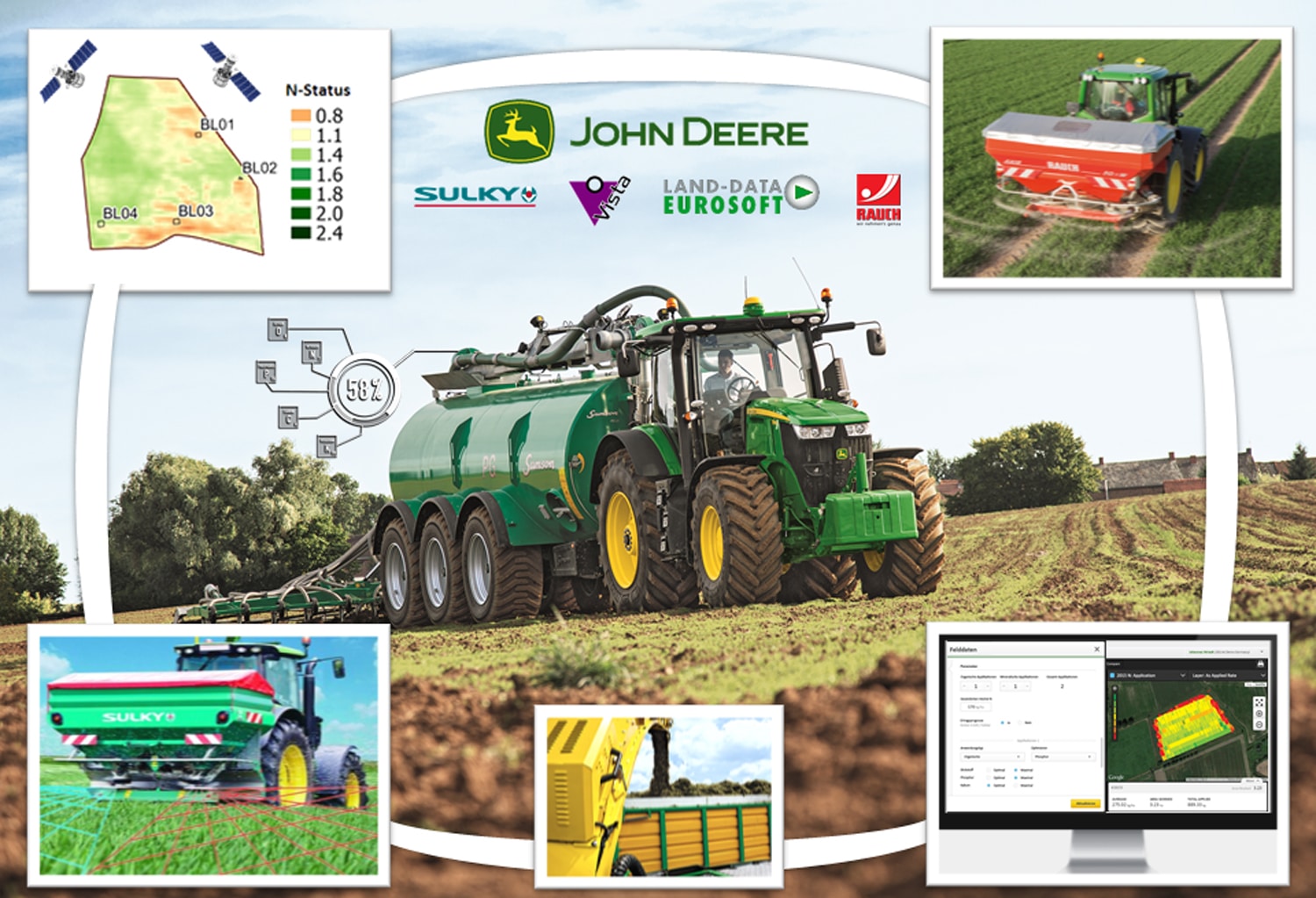
In-brief:Farmers who are looking to make better use of technology need to start paying attention to security, or suffer the same fate as industries such as healthcare, the FBI warned in an industry note.
Farmers who are looking to make better use of technology need to start paying attention to security, or suffer the same fate as industries such as healthcare, the FBI warned in an industry note.
In an FBI industry note dated March 31, the Bureau said that increased adoption of “precision farming” technology threatens to expose the nation’s agriculture sector to the risk of hacking and data theft.
“Historically, the farming industry has lacked awareness of how their data should be protected
from cyber exploitation,” the FBI said. That’s a dangerous precedent as farmers invest in connected and data intensive farming equipment and related services.
Possible risks include hacktivists who destroy data to protest the use of genetically-modified organisms (GMOs) or pesticides. Farm-level data may also be vulnerable to ransomware and data destruction, the FBI said.
Behind the warning are trends that are already at work in agriculture, as farm equipment and services providers look to leverage new technologies and data to make farming more efficient. But, like other industries, agriculture is also rife with pre-Internet era technologies that were developed and deployed without much thought to security. As an example: the FBI notes that drone manufacturers are already pushing services to blend newer drones with legacy farm equipment and data – not dissimilar from the phenomenon that has played out in the healthcare field in recent years, as legacy equipment has been connected to general purpose hospital networks and, in some cases, the public Internet.
The FBI said it was releasing the industry note to put farmers on notice about the “cyber risks to farm-level data collected through smart farming,” while farmers are “encouraged to inquire how data management companies use and protect their data and to be mindful of the
cybersecurity features implemented in precision agriculture technology.” The single most important protection measure against these threats is to implement a robust data back-up, the FBI said.
Other recommendations include common security features like monitoring of employee logins and the use of two-factor authentication to secure remote access sessions to sensitive assets. Farmers and agricultural firms need to implement traffic monitoring of network traffic, inbound and outbound network connections and communications ports, the FBI said.
